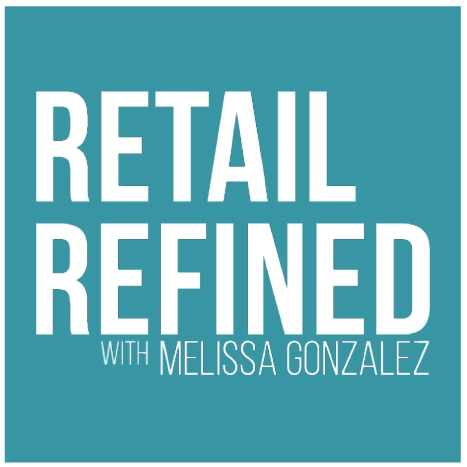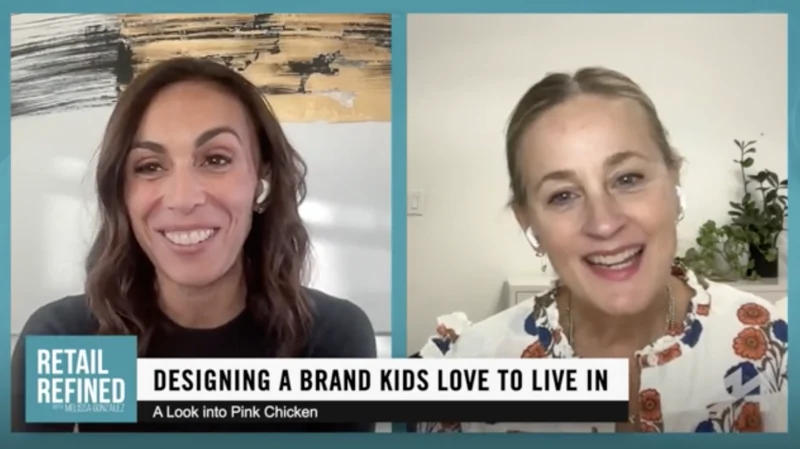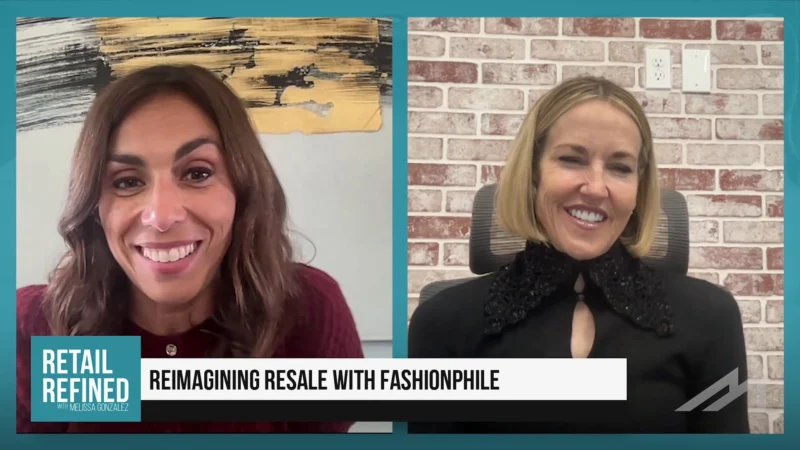How Retail Brands Can Embrace Authenticity, Accessibility and Inclusivity Across Generations
Generation Z, better known as Gen Z, is the generation that is increasingly drawing more attention from brands and companies. With this in mind, brands are ensuring they are not only meeting the spending needs of Gen Z, but also addressing the social issues and concerns that they care about.
As a demographic, their spending power has been on the rise. However, their shopping habits differ vastly from their predecessors. According to Forbes, Gen Z has $360 billion to spend but they’re not exactly utilizing it.
Today, companies often have to scramble to market toward Gen Z and be able to earn and retain their patronization.
In retail specifically, this has shifted to an interesting trend and some brands have found success in attracting these very particular Gen Z buyers. But what are brands doing to reel them in?
In this new episode of Retail Refined, host Melissa Gonzalez talked about the subject with Forever 21 CEO, Winnie Park and Gen Z influencer and Assistant Merchant for Todd Snyder, Clay Lute.
As head of the popular clothing company, Park said Forever 21 has managed itself well through generations: Generation X, Millennials, and Gen Z. That is due, in part, because the company prides itself on staying trendy, as well as the fact that their brand name, Forever 21, is one that evokes youth through the decades.
“It’s a journey. So we’re at the beginning of that journey of transformation and brand transformation and I think that what has made it successful in the past is the fact that we always focused on the youngest generation. So it’s about being relevant and listening and being engaged,” said Park.
Additionally, the idea of 21 being an ideal age, and the general admiration for being youthful transcends generations, which is why Forever 21 has managed and continues to attract buyers of all ages despite gearing for younger buyers.
“I think that the key to our success is really going back to our brand touch points and what has made us successful in the past will make us successful in the future,” added Park.
In recent times, inclusivity and overall brand image has also been a major discussion surrounding retail and it’s something that Gen Z buyers are not only prioritizing but demanding from brands. As a young influencer and merchant at Todd Snyder, Clay Lute expanded on which trends he sees within his generation and the matters that factor into what brands Gen Z will support.
“I would say the first thing is product variety and assortment — it’s that you have products for all sizes, lifestyles, and uses and price points,” said Lute.
He also added that Gen Z is more adamant about the intricacies of brands, compared to previous generations. Nowadays, support goes beyond what type of products they have to offer. Lute noted that being canceled is detrimental to brands, but Gen Z is very savvy and is researching to see if a brand they like has been “canceled” by the general public. If it has problematic board members and if the company supports politicians or laws they are not in line with, they might not support that brand.
“We are the first generation to really take note of all of that and we’ve seen brands fall like that cause they were unaware that we cared so much,” stated Lute.
Park took the role of CEO of Forever 21 earlier this year and comes from a lengthy background of retail and marketing experience.
Along with being an influencer and working at Todd Snyder, Lute is also a fashion merchandising student.




